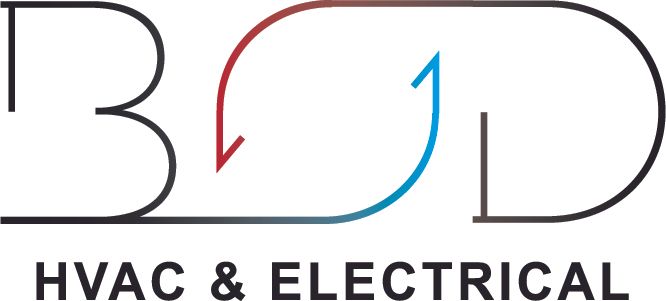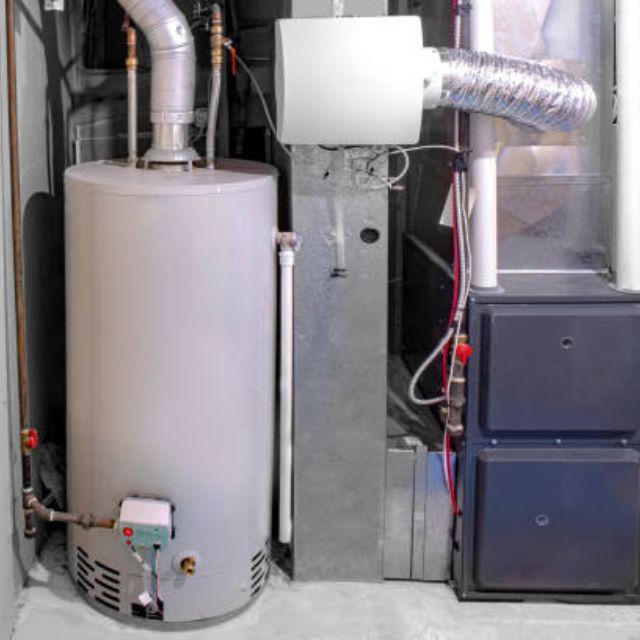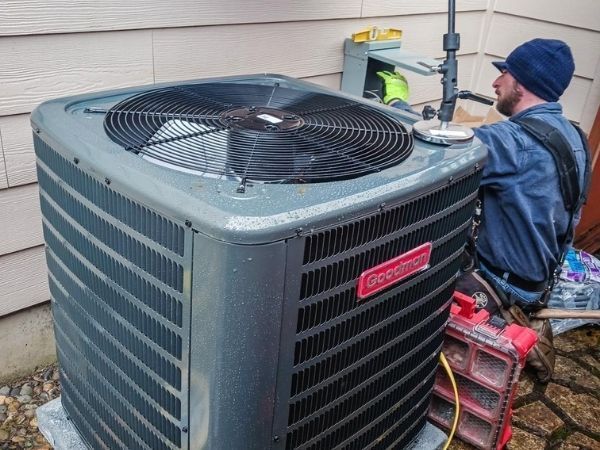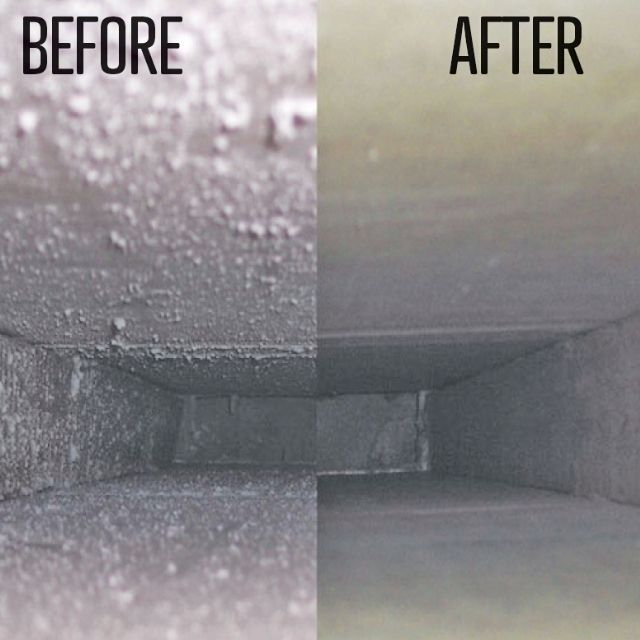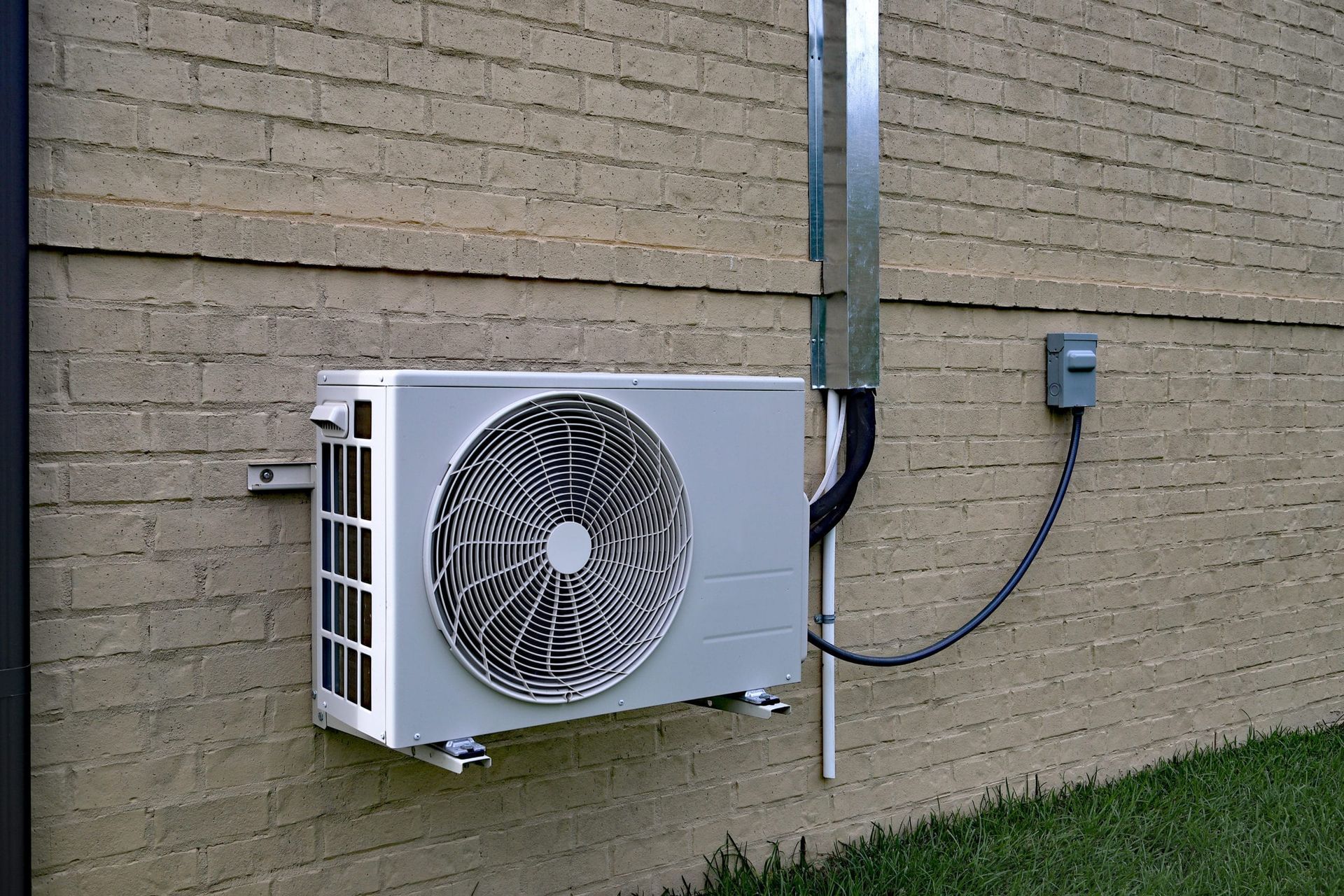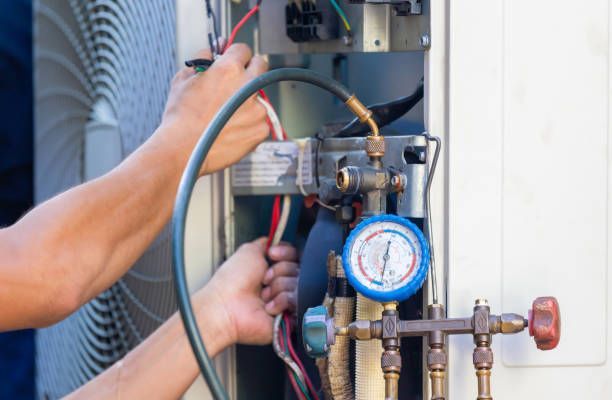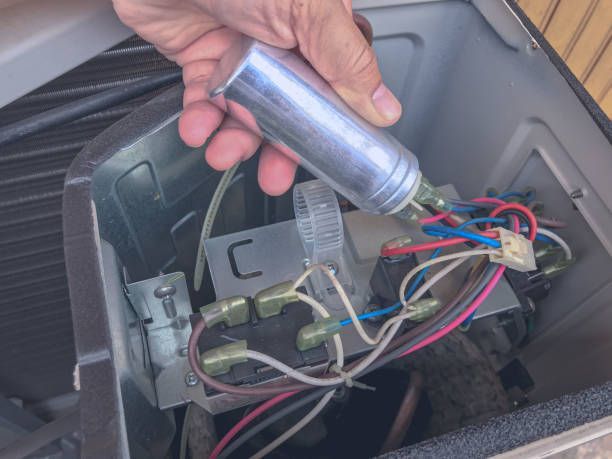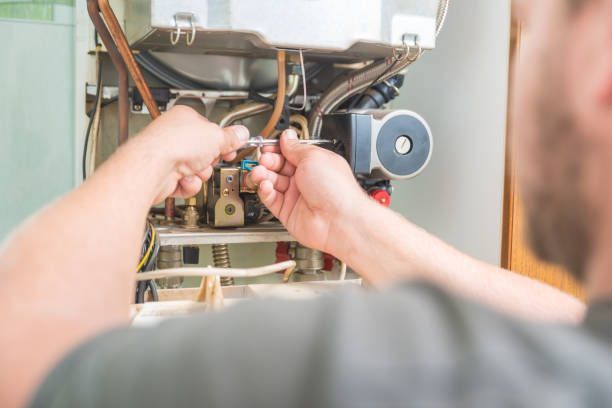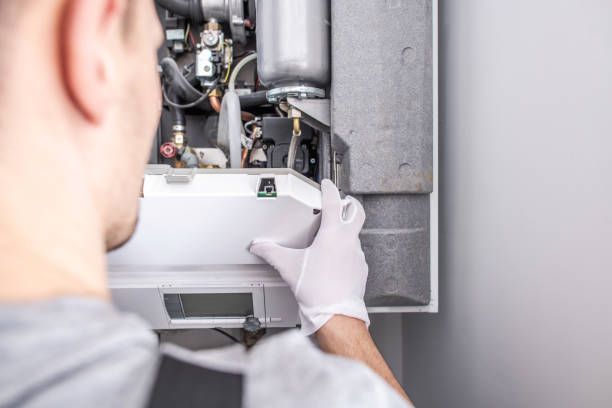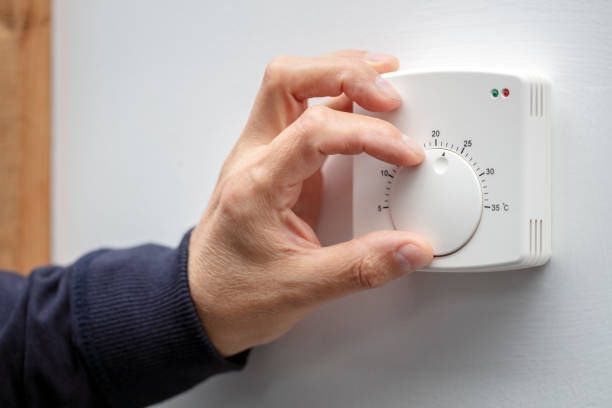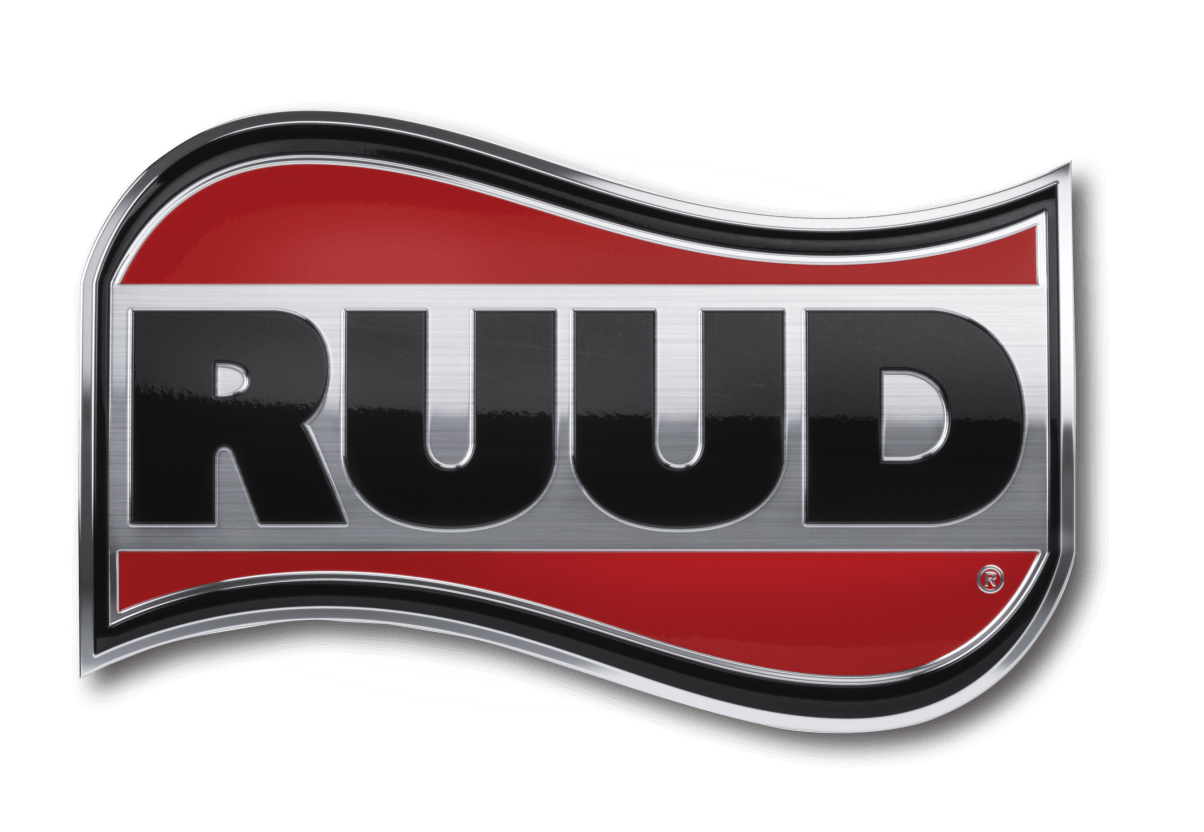Things To Know Before Turning Your AC Back On For Summer
How to Prepare Your HVAC for the Summer

The first blast of refreshingly cool air from your HVAC device is a lovely intro to summer! But without an HVAC that's working properly, that shift into the warmer months can end up being extremely uncomfortable.
Here are a few simple suggestions to give you and your air conditioning device a head start on the summer and keep your residence cool in the unbearable heat.
Keep the Condenser Clean
Cleaning your outdoor condenser includes taking off the top of the device and using a hosepipe to spray the dirt from top to bottom. Dust gets drawn into the unit from the outside, so it's necessary to spray the dirt out instead of pressing it further into the coil. You should also prevent chemical build-up, which can create early rust. Even the most gentle chemicals still need to be cleaned thoroughly to keep the unit from getting damaged.
Remove Those Covers
Using a cover on your HVAC device may seem like a great way to keep it safe from the weather conditions during the cooler months, but covers can create dampness accumulation and cause premature rust to form, which results in significant long-term concerns.
WHAT SHOULD I DO WHEN I SWITCH MY AC BACK ON?
Inspect the Larger of the two Copper Lines
Inspecting the larger copper line coming from the device is one of the most reliable ways to evaluate your air conditioning unit after switching it back on in spring. If the line is what we call "fridge cold," it's a great indicator that the system should be in functioning order. But keep in mind, even a cool line doesn't tell you all you need to know, and yearly more in-depth checks are suggested.
Feel Warmth from the Device
Inspecting the temperature of the air being pushed out by the outdoor condenser while the unit is running can also show if the unit is functioning properly. If the warmth originating from the top of the condenser is warmer than the outside temperature level, it indicates that the warmth transfer from inside your house is occurring.
Trim Plant Growth Around the Device
Branches and plants from wintertime that have grown around your HVAC should be cut down a minimum of 12 inches from the sides of the unit. This will help keep branches or debris around the condenser from obstructing air movement to the system along with keeping it from getting in the system and also interrupting its capability. If you see any pet dog hair or yard particles coating the coils of the condenser or building up inside the device, system performance will be affected. The condenser coil and the system in its entirety must be cleaned every year for maximum performance.
WHEN SHOULD I CONTACT THE PROS?
Excess Activity
If you notice your unit tottering, this could suggest there are issues with an electric motor shaft that might need to be serviced or changed.
Strange Sounds
Older compressors can make moderate noise throughout use. This is completely normal. Loud noises, however, may indicate a loosened fan blade or a more serious issue.
Condenser motors often go out with a bang and when they do they can cause a loud screeching sound. As a homeowner, you need to switch off your HVAC system and have it serviced immediately if you keep hearing weird noises. Give us a call or schedule an appointment online if you have any questions or concerns.
Get a Free Quote Today!
Fill out the form below and we'll get back to you as soon as we can!
Contact Us
We will get back to you as soon as possible
Please try again later
Contact Us
Best Owner Direct is your local, independent, family-owned and operated, residential and commercial HVAC service, repair and installation team. We're a trade ally of the Energy Trust of Oregon and our certified professionals offer services for all major brands. With over 20 years of experience, our team can handle all of your HVAC needs.
Free estimates available for installations. Contact us today to learn more or to schedule an appointment!
Read More Tips from the Experts Below:
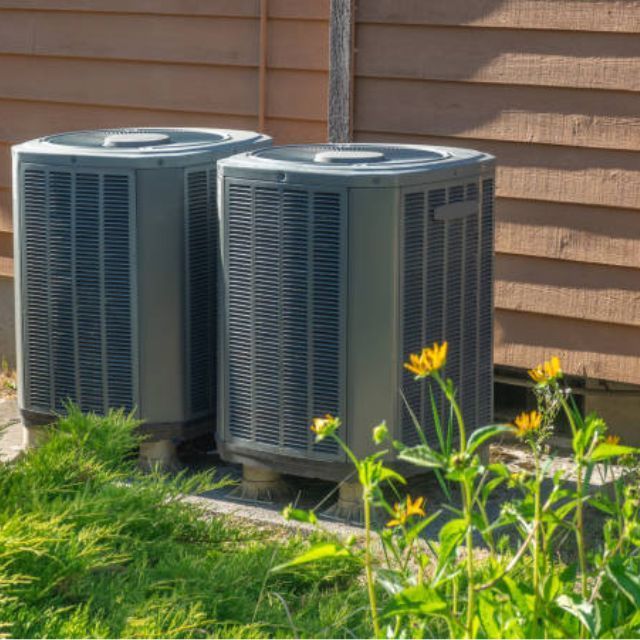
Best Owner Direct HVAC & Electrical is proud to be a PGE-approved Contractor and an Energy Trust of Oregon Trade Ally!
Serving Residential & Commercial Customers in Washington County, and parts of Yamhill, Multnomah and Clackamas Counties. Contact us for more information.
NAVIGATION
All Rights Reserved | Best Owner Direct HVAC & Electrical
